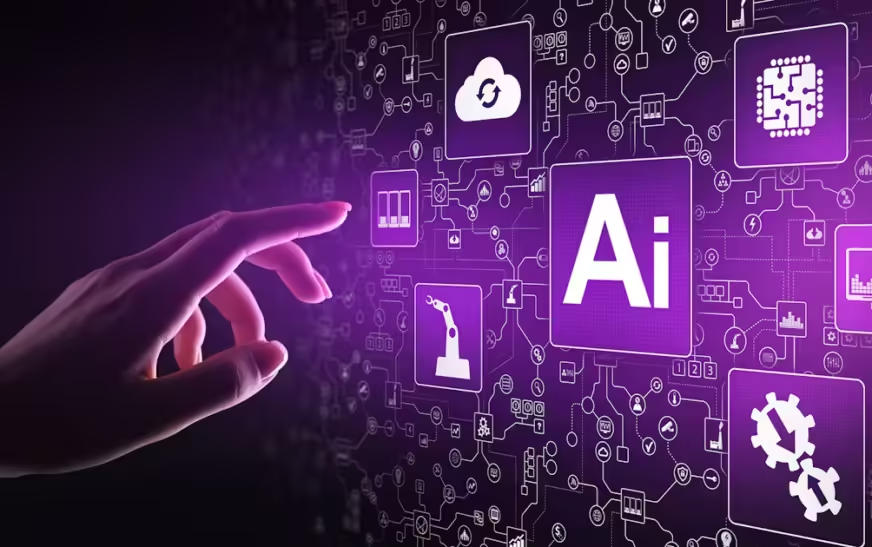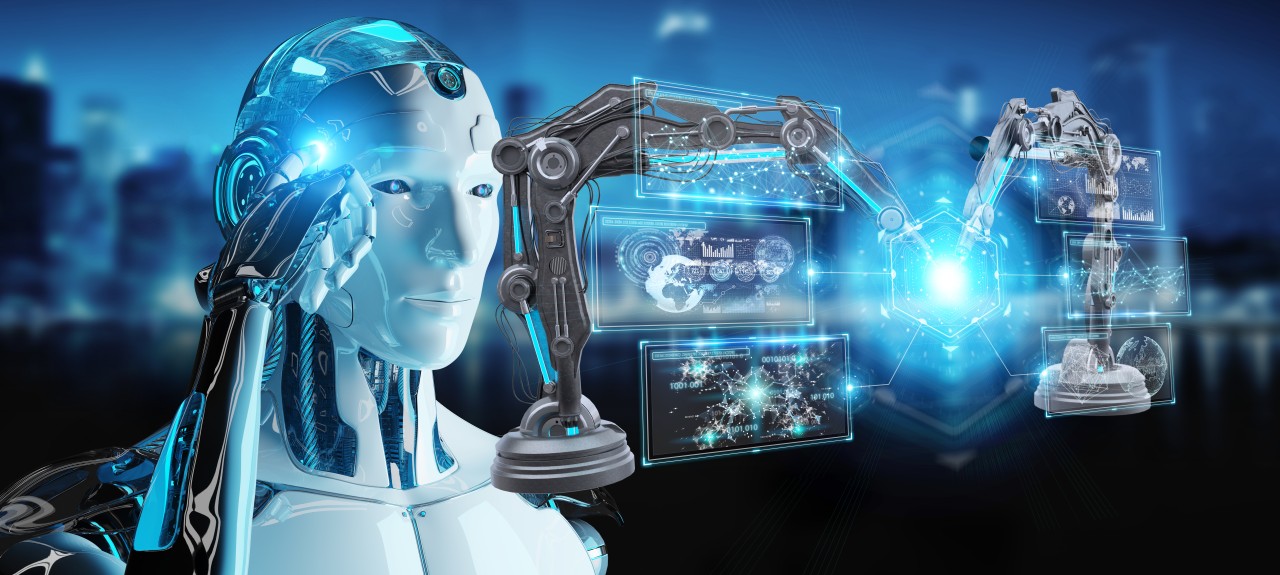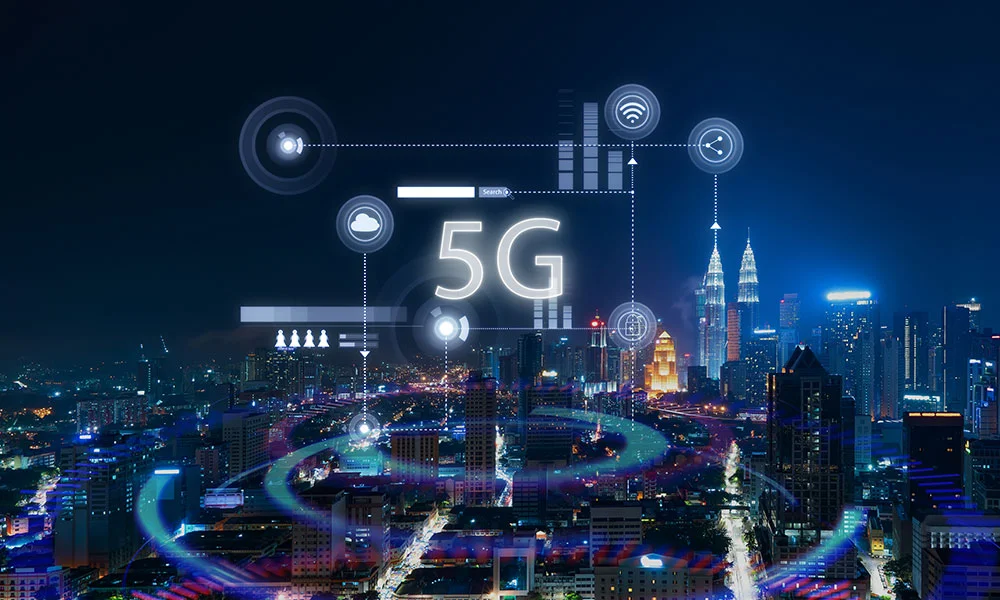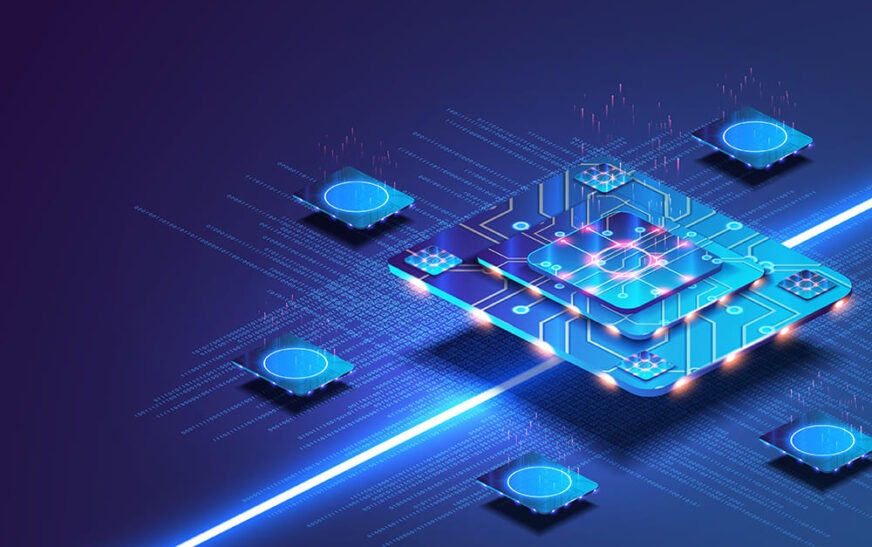Introduction to AI and its growing impact
Artificial Intelligence is no longer the stuff of science fiction; it’s a reality that’s reshaping our world. From smart assistants that help us manage our daily tasks to sophisticated algorithms driving decisions in business and beyond, AI’s impact is undeniable. As industries across the globe embrace this transformative technology, we stand on the brink of an era defined by innovation and efficiency. But what does this mean for our future? How will Artificial Intelligence continue to evolve and influence various sectors? Join us as we delve into the dynamic landscape of AI, exploring its potential, challenges, and the profound ways it is transforming industries today.
AI’s role in improving efficiency and productivity
Artificial Intelligence is reshaping the way industries operate. By automating routine tasks, it frees up valuable human resources for more complex projects.
For instance, AI algorithms can analyze vast datasets in seconds. This expedites decision-making processes across sectors like manufacturing and marketing.
In customer service, chatbots powered by AI offer 24/7 support. They handle inquiries swiftly, enhancing user experience while reducing operational costs.
Moreover, predictive analytics optimizes supply chains. Businesses can anticipate demand shifts and adjust inventory accordingly, minimizing waste and maximizing profit margins.
With intelligent automation on the rise, companies are seeing significant productivity gains. Employees focus on strategic initiatives rather than mundane tasks, driving innovation forward at an unprecedented pace.
As industries continue to embrace AI technology, efficiency levels soar beyond traditional benchmarks. The transformation is not just about speed; it’s about smarter ways of working together.
AI’s potential for job creation and displacement
Artificial Intelligence presents a dual-edged sword regarding employment. On one side, AI can create new job opportunities that didn’t exist before. As industries adopt this technology, roles focused on managing and developing AI systems are emerging.
However, the flip side brings concerns about job displacement. Routine tasks are increasingly automated, leaving many workers vulnerable to redundancy. Positions in areas like manufacturing and data entry face significant risks as machines take over.
The key lies in adaptation. Workers must reskill and embrace the evolving landscape of work shaped by AI advancements. This shift will drive demand for skills in fields such as machine learning, robotics, and data analysis.
As we navigate these changes, fostering a culture of lifelong learning becomes essential for both individuals and organizations alike. It’s critical to balance innovation with support for those impacted by these transformative shifts in the workforce landscape.
Ethical considerations surrounding AI technology
The rise of artificial intelligence introduces complex ethical dilemmas. As AI systems become more integrated into daily life, questions about bias and fairness emerge.
Machine learning algorithms can inadvertently perpetuate existing biases in data. This raises concerns over who gets affected by these technologies and how decisions are made. Transparency is crucial to ensuring accountability.
Privacy issues also demand attention. With vast amounts of personal information processed by AI, safeguarding this data is paramount. The potential for misuse looms large if strict regulations aren’t enforced.
Moreover, the notion of autonomy comes into play. How much control should humans retain over machines that make critical decisions? Striking a balance between human oversight and machine efficiency remains a contentious topic.
Society must engage in open dialogues about these considerations to shape an ethical framework as we embrace the future powered by AI technology.
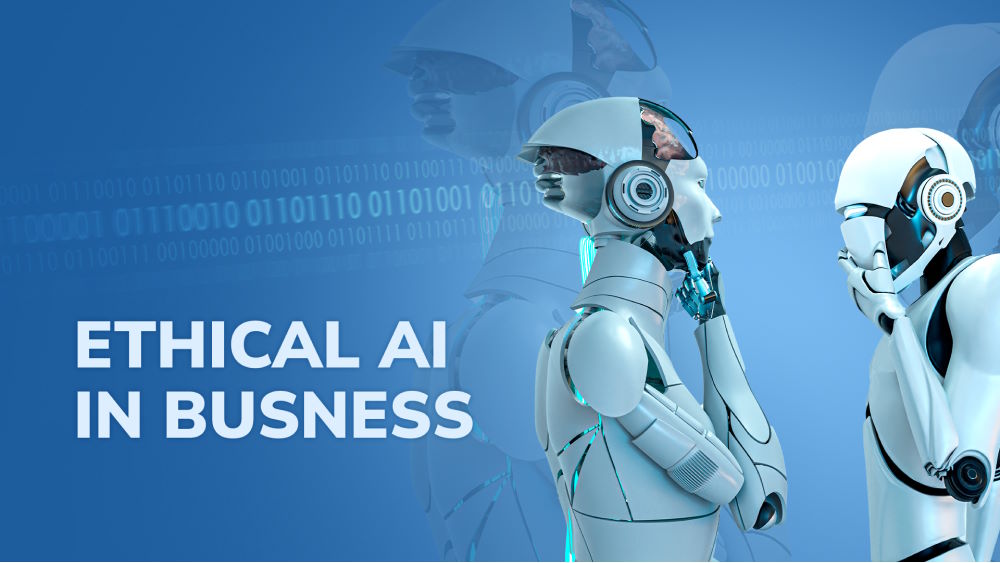
Industries benefiting from AI implementation: healthcare, finance, transportation, etc
Artificial Intelligence is reshaping various industries, bringing unprecedented benefits.
In healthcare, AI algorithms analyze medical data faster than ever. This leads to quicker diagnoses and personalized treatment plans. For doctors, it’s like having a powerful assistant that enhances patient care.
Finance has also embraced AI technology. Algorithms detect fraudulent transactions in real-time, safeguarding consumer assets. Additionally, robo-advisors offer tailored investment strategies based on individual risk profiles.
Transportation stands at the forefront of this transformation too. Self-driving vehicles use AI for route optimization and safety features, dramatically reducing accidents caused by human error.
Retail benefits from AI through predictive analytics that optimize inventory management and enhance customer experiences with personalized recommendations.
Manufacturing sees efficiency gains as well; smart factories utilize machine learning for predictive maintenance and streamlined operations. Each sector showcases how Artificial Intelligence drives innovation and productivity forward in remarkable ways.
The future of education and training in the age of AI
The landscape of education is rapidly evolving due to the influence of artificial intelligence. Traditional classroom settings are being reimagined as AI tools enable personalized learning experiences for students.
Adaptive learning platforms analyze individual progress, tailoring content to meet diverse needs. This approach ensures that every learner can advance at their own pace.
Moreover, educators now have access to powerful analytics. These insights help teachers identify areas where students may struggle and adjust their strategies accordingly.
Training programs are also shifting focus toward digital skills essential for the future job market. As industries transform, so too must our educational frameworks align with emerging technologies.
AI-driven simulations provide hands-on experience in a risk-free environment, preparing students for real-world challenges they will face in various professions.
In this age of AI, continuous learning becomes paramount as individuals seek ways to remain relevant amid rapid changes across multiple sectors.
Challenges and obstacles for widespread adoption of AI
Despite its promise, the widespread adoption of AI faces several hurdles. One significant challenge is data privacy and security. Companies must navigate complex regulations while ensuring user trust.
Another obstacle lies in the skills gap within the workforce. Many employees lack the necessary training to work alongside advanced technologies, creating a disconnect between human talent and AI capabilities.
Additionally, there is often resistance to change. Industries accustomed to traditional methods may hesitate to embrace new technologies due to fear of disruption or uncertainty about their effectiveness.
Ethical concerns also play a critical role. The potential for bias in algorithms can lead to unfair outcomes, raising questions about accountability and transparency in decision-making processes.
Addressing these challenges requires collaboration among stakeholders—governments, businesses, and educational institutions—to create an ecosystem that supports innovation while safeguarding society’s interests.
Conclusion: The promising yet uncertain future of AI in our society
The landscape of artificial intelligence is constantly evolving, and its influence on various industries continues to grow. We are witnessing a transformation that holds both promise and uncertainty. As AI becomes more integrated into our daily lives, it brings with it the potential for remarkable advancements while also raising questions about ethics, job displacement, and societal implications.
As we look forward to the future of AI, it’s essential to strike a balance between embracing innovation and addressing the challenges ahead. Industries such as healthcare, finance, and transportation are already reaping the benefits of this technology. However, society must remain vigilant in ensuring that these transformations serve humanity’s best interests.
Education will play a crucial role in preparing future generations for an AI-driven world. By fostering skills necessary for collaboration with intelligent systems, we can create opportunities rather than obstacles.
While many hurdles lie ahead—such as regulatory frameworks and public perception—the commitment to responsible development can shape a promising path forward. The journey towards integrating artificial intelligence into industries is just beginning; how we navigate this transition will ultimately define its impact on our society for years to come.

